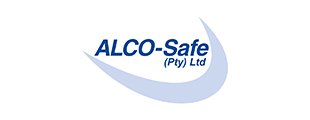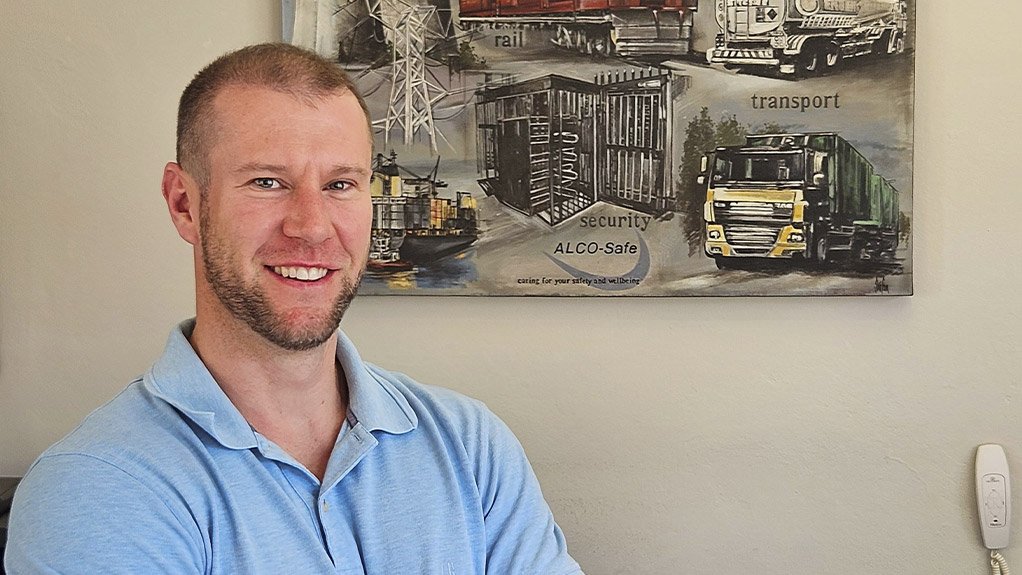
+ 27 (0) 12-343 8114
825 Park Street, Sunnyside, 0002

From concern to confidence - can a sober work culture contribute to better team cohesion and morale?
By: Rhys Evans - Managing Director at ALCO-Safe
( Virtual Showroom ) In the South African context, where productivity and safety must go hand in hand, breathalyser testing can significantly enhance team cohesion and morale in the workplace. The cultural landscape of alcohol consumption in South Africa is complex, characterised by high levels of binge drinking and a social norm that often encourages drinking to intoxication, particularly over weekends. This pervasive culture can lead to trust issues within teams; however, implementing breathalyser testing ensures that employees are sober and fit for duty. By doing so, organisations can foster a culture of trust and collaboration, allowing teams to work more effectively together while prioritising safety in the workplace.
The binge drinking problem in South Africa
Despite the fact that only a third of South Africans consume alcohol, a significant proportion of drinkers engage in binge drinking, consuming more than five standard drinks in a single sitting. This contributes to various health issues, absenteeism, and even aggressive behaviour, which can lead to negative consequences in the workplace.
Research has shown that alcohol abuse in the workplace can have significant financial implications for businesses. In the United States, it has been estimated that alcohol abuse results in millions of missed workdays annually. Similarly, studies in South Africa have linked alcohol abuse to decreased productivity, increased accidents, errors, and criminal activity.
Taking the problem seriously
A workplace that prioritises safety and sobriety through regular breathalyser testing can boost overall morale. Employees are likely to feel seen and respected when they know that their employer is taking proactive steps to ensure a safe working environment. This, in turn, can lead to higher job satisfaction, increased loyalty, and lower employee turnover rates.
When colleagues know that their peers are not under the influence of alcohol or drugs, it can lead to improved communication and teamwork. This is particularly critical in high-risk industries where safety is a top priority. If employees have raised concerns about alcohol consumption among their peers and see that their employers take action, they feel heard and valued. Conversely, if employers are aware of the problem but fail to act, it can lead to decreased morale among staff.
As such, one of the clearest ways that South African employers can demonstrate their commitment to creating a safe, trustworthy, and positive workplace culture that supports team cohesion and morale is through the implementation of breathalyser testing in a safety-sensitive workplace.
The role of breathalyser testing in workplace culture
Breathalyser testing can be a powerful tool for fostering a positive and productive work environment. When employees know that their colleagues are sober, it builds trust, respect, and open communication within teams. This can lead to increased collaboration, stronger team unity, and improved overall morale.
In industries where safety is a concern, such as mining, construction, and transportation, alcohol consumption can have devastating consequences. Only by implementing breathalyser testing can organisations significantly reduce the risk of accidents, injuries, and fatalities. Additionally, it ensures compliance with industry safety regulations, mitigating potential legal liabilities associated with alcohol-related incidents.
A sober workforce is a more productive workforce
Employees who are not impaired by alcohol or drugs are more focused, alert, and efficient. This can lead to increased efficiency, reduced absenteeism, and improved job performance. Furthermore, a company with a reputation for a safe and responsible workplace is more attractive to employees, clients, and investors. By implementing breathalyser testing and promoting a culture of sobriety, companies can enhance their brand reputation and attract top talent.
Overcoming challenges to implement effective breathalyser testing
While breathalyser testing can be an effective means of improving workplace culture, it's important to implement it effectively. This means that organisations must ensure that the reasons for breathalyser testing are clearly communicated to employees. Employees must be properly informed and educated on the health risks of alcohol abuse as well as the danger of working under the influence.
Testing must be implemented fairly and consistently across all employees, and it is important to emphasise the importance of safety and productivity, which can be done through a transparent company policy on intoxicating substances in the workplace that makes it clear that workplace testing is not a punitive measure but rather a proactive, preventative employee wellness necessity.
To support this assertion, companies should offer employee assistance programmes to employees who may be struggling with alcohol or drug abuse. This can help to address underlying issues and promote a healthier workplace. Employees who demonstrate responsible behaviour should be recognised and rewarded, helping to reinforce positive attitudes toward sobriety in the workplace.
It is essential for businesses to recognise the far-reaching impact of alcohol abuse in South Africa and take proactive steps to create a healthier and more responsible work environment. This is important, given the severity of our national problem with alcohol, as well as the fact that most South Africans spend around eight hours out of each day at work. By promoting a culture of sobriety and well-being, companies can turn the tide on South Africa’s alcohol problem and contribute to a healthier, more productive future for their employees and the nation as a whole.




